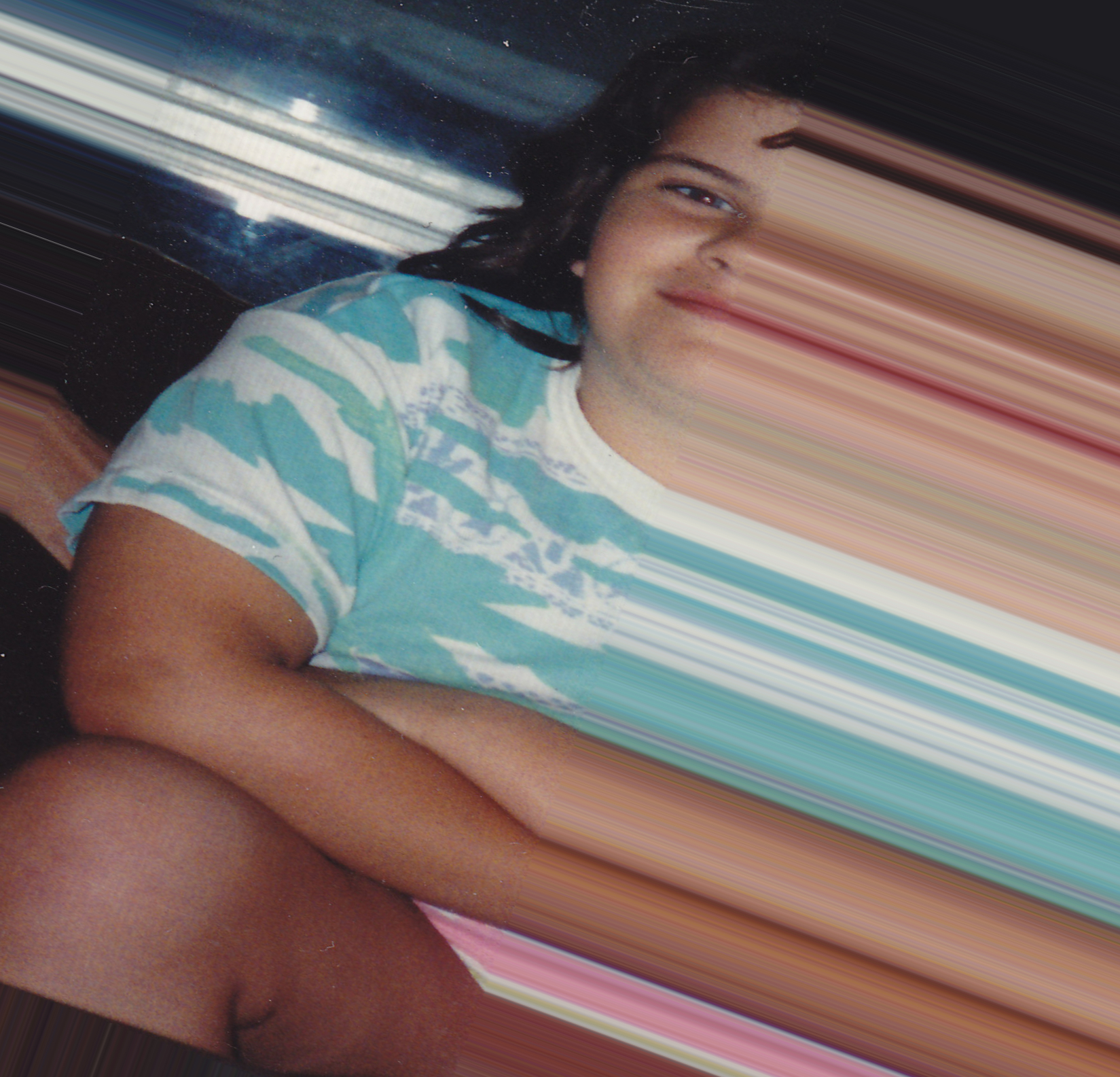

“You’re not that fat!” What an irritating piece of drivel people are inclined to say in seeming every conversation on food and/or health.
Those saying it seem to have no consideration for context, no room to listen to unique personal stories without interrupting with assumptions of what the speaker is looking for.
I loathe the statement. I grew up fat, past the acceptable level of “baby fat” from about the age of six onwards. There were very few of us in my school. I kept tabs on them for possible allies in a pinch, because I had to learn the playground politics early and when my participation was permitted. The rules of legitimate discrimination, sanctioned by teachers and parents (even my own, implicitly), made regular children’s activities open to me by invitation only, forever conditional upon knowing my place.
That level of mistreatment can scar a person and leave them forever jaded on trusting people or feeling loved. As I grew up from adolescence into adulthood, my proportions slightly shifted and much of the rest of the populations – mind you, for reasons posed as an existential threat to humanity – came closer to me in size. Many were getting even bigger, which I was told to take as comfort or relief. The diet industry was already a powerful force when I was a kid, but reality television brought fat shaming to embarrassing extremes. (Unreal, bebe.) I was guilty, for a period, of watching that, of taking part in the role of the audience. Seeing people bigger than me be humiliated was entrancing, a schadenfreude that hit me deep. Leaving the idle temptation of a subscription to network television when my living circumstances changed helped snap me out of it, and I could no longer be complicit in the dialogue of “See, YOU’RE not the problem, THEY are.”
But it’s not that easy of a thing to drop. Reality TV was highly concentrated fatphobia for ~the ratings~, but it exists everywhere. It’s one thing that gets manipulated and mass marketed for money and attention that is also believed at the core of the people involved. Fad diets and fitness stars don’t even get their fifteen minutes these days because of the market saturation of snake oil, but the hatred that they’re preying upon in people is very very real.
I continue to fight against that every day. I’ve never been pulled into fad diets or get addicted to exercise (aside from my love of walking; another essay, another day) but it’s not because of a lifelong healthy body image as it is other factors about me that have helped in an unintentional way:
On that last point, my participation in feminine activities as a child, which did not come naturally and thus I had to be placed in them through intentional external effort, often felt foreign and I failed at fitting in. There was something a little bit off-gender about the people I did vibe with, and the disinterest in the trends of teen-targeted media may have saved my life. It wasn’t without suffering that I survived those years – I had major depression and generalized anxiety (another essay, another day) and faced significant social rejection at very vulnerable moments – but I fell short of outright indoctrination of the diet discourse to which so many people fall prey.
There is no intended tone of superiority from this. I have learned through what people with worse experiences than me have graciously shared, both to the public and in private. This has touched me so deeply that one of the greatest leaps I’ve taken in personal growth has been feeling solidarity with other fat people, and with myself as a child, and I’ve come to accept myself as I am. Having never been skinny, never having a chance to live an accepted childhood, I know that the straight-sized world will never fully accept me.
And this brings us back to “You’re not that fat!” Even removing the “that” in there (which is present in the phrase even when it’s not), telling me this now is trying to erase my personal story and dismiss my personal growth as being a backwards accomplishment, when really starting to see myself as fat for life has done more for my sense of self-worth than any thin person’s friendship. Even for people who genuinely mean that they don’t judge me the way they judge other fat people (which is severely problematic on its own), my perspective as developed over decades of degradation has wisened me to the core fact of systemic anti-fatness: any “gains” people my size may make in being socially acceptable can be taken away upon a change in the winds, and I must fight the power that does it. This goes beyond whatever my size actually is at the time (as it has varied and will likely continue to change, as human bodies do); if fat acceptance isn’t unconditional, the benchmarks can be moved, and the reward will remain unattainable as a carrot on a stick.
Any real ally, any person who actually accepts me for who I am, will not deny me my fatness, but will tell the people who do to shut the fuck up. Shut the fuck up and let me be fat. Let me have friends, connections, and purpose to existing in my physical form. Let me share experiences without intervening with a rewritten history of how it has felt to be in my body my entire life. Let me be angry about it for the outrage it is. I’m fat. Fuck you.